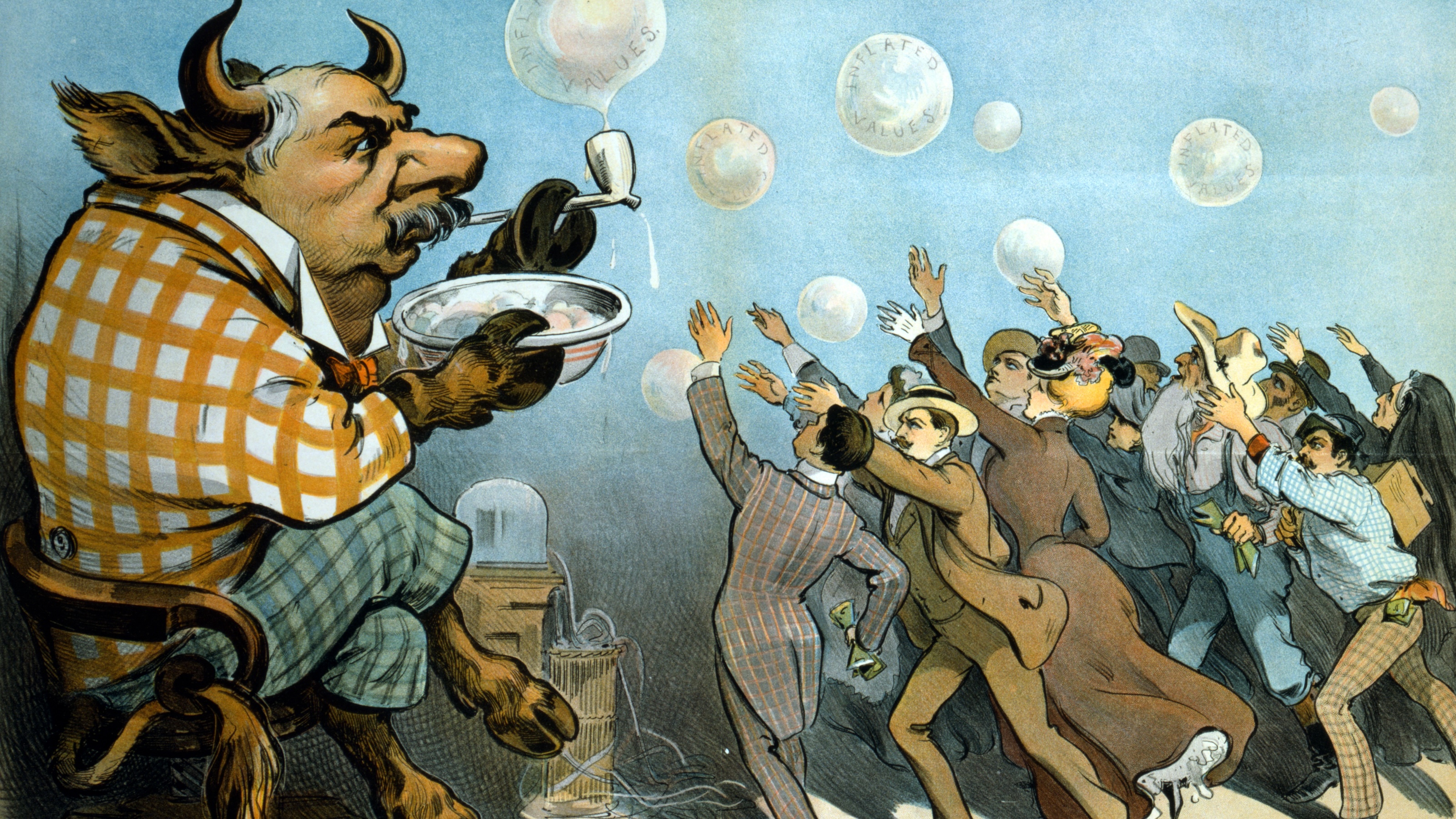Has social networking changed our social norms?
<!-- /* Style Definitions */ p.MsoNormal, li.MsoNormal, div.MsoNormal {mso-style-parent:""; margin:0in; margin-bottom:.0001pt; mso-pagination:widow-orphan; font-size:12.0pt; font-family:Arial; mso-fareast-font-family:"Times New Roman"; mso-bidi-font-family:"Times New Roman";} @page Section1 {size:8.5in 11.0in; margin:1.0in 1.25in 1.0in 1.25in; mso-header-margin:.5in; mso-footer-margin:.5in; mso-paper-source:0;} div.Section1 {page:Section1;} -->
/* Style Definitions */ table.MsoNormalTable {mso-style-name:"Table Normal"; mso-tstyle-rowband-size:0; mso-tstyle-colband-size:0; mso-style-noshow:yes; mso-style-parent:""; mso-padding-alt:0in 5.4pt 0in 5.4pt; mso-para-margin:0in; mso-para-margin-bottom:.0001pt; mso-pagination:widow-orphan; font-size:10.0pt; font-family:"Times New Roman"; mso-ansi-language:#0400; mso-fareast-language:#0400; mso-bidi-language:#0400;}Question: Is social networking overhyped?
Jason Kottke: I think a little bit. I do think there’s something genuinely . . . that happened between the end of the dot com boom and . . . and, you know, sort of the present revitalization of, you know, the Web technology space. I think something in between those two points . . . There was something that was genuinely sort of new and, you know, something that deserved a name like Web 2.0. You know some of the stuff is, I think, a . . . what’s the word? Well a return to, you know, the days of, you know, dog food companies, you know, being bought for millions of dollars. I think some of that is going on. I don’t think it’s as bad. You know everything now, I think, depends on how well Google continues to do. And if Google’s, you know, advertising . . . If they don’t make their revenues and the online advertising space gets a little shaky, then like you know Google’s revenue . . . I think, what, was it 95 percent or 99 percent of it is online advertising? And the New York Times just shifted from, you know, a tiny select to, you know, just putting all the pages out there and putting advertising on it. And it’s a pretty big gamble if online advertising is gonna go south. I feel like Web 2.0, like the whole thing is built on the viability of online advertising. And so if that kind of . . . if that weakens a little bit, you know it could be in a bit of trouble. Or you know not we, but those companies I think. I think the culture around the Internet has grown up, to the extent where it’s now more exciting or more accessible to a wider number of people. So I don’t . . . I don’t think there are too much different. It’s just a matter of, you know, how many more people you have who are literate enough using the Web to actually take advantage of that sort of thing. You know there’s . . . there’s not . . . I mean one of the reasons why I was so attracted to weblogs sort of back in the day is that it was this way to sort of be in a social network. It was kind of an ad hoc social network and you couldn’t add a friend; but you could . . . you could go to someone’s site that you liked. And you could add their link to your sidebar and say, “I read this site. I pay attention.” And they could add you back. And you know it created these sort of loose group of friends, and admirers, and enemies; and you know all the sorts of things that are sort of automatic and built into things like Facebook and MySpace and things like that. But it all . . . it operated pretty much the same. It took a lot more work. It wasn’t as . . . Like I couldn’t just click on my friend Bob and just like, “Okay, Bob’s my friend, and I can read Bob posts,” and things like that. I needed to add a link to my sidebar and then remember to go visit every day and things like that. But it was all . . . it was all pretty much there. And it was . . . You know for people who were literate with the Web and who could build their own Web pages like that, it was a great thing.
Question: Has social networking changed social norms?
Jason Kottke: I mean I think that the Internet, if you have access to it, allows you to meet someone who is . . . shares your interests, who . . . almost a complete you know . . . your interests and their interests almost completely overlap. You can find interest groups on the Internet for anything. You know and if you’re . . . Let’s say if you live in Oklahoma and you’re gay, and you don’t know any other gay people in your community, I mean that can be a completely, like, freeing experience for you. And you know you’re not alone. You’re not weird. You’re not . . . You know it’s like here is all these other people. The Internet, I think, is like New York City in a way – large. New York is so big you can find any sort of people here into anything. You know if you like to play chess you can go down to Washington Square Park. Or you could go down to the chess stores down there . . . you know close down to there. And you can just find people doing anything, into any interests. And you know I think the Internet is just that, but you know, times 1,000.
Recorded on: 10/9/07





